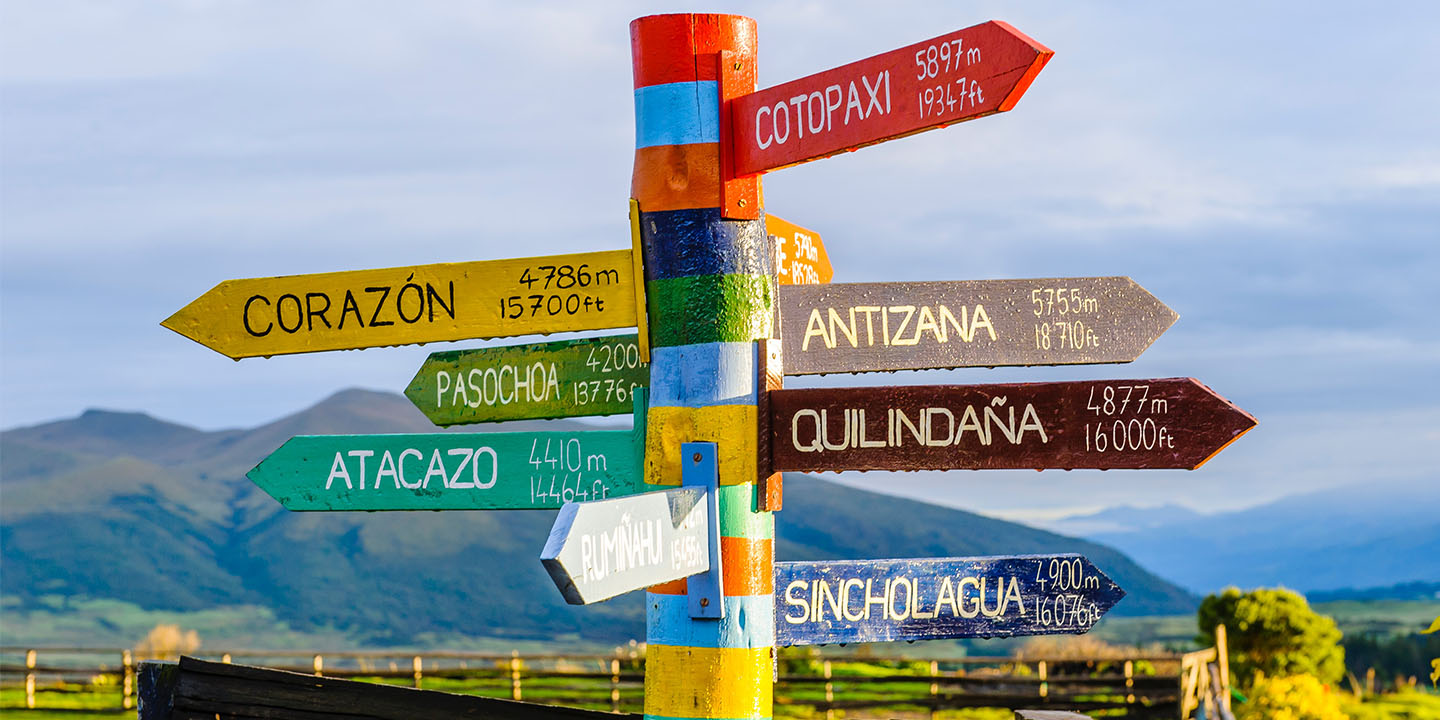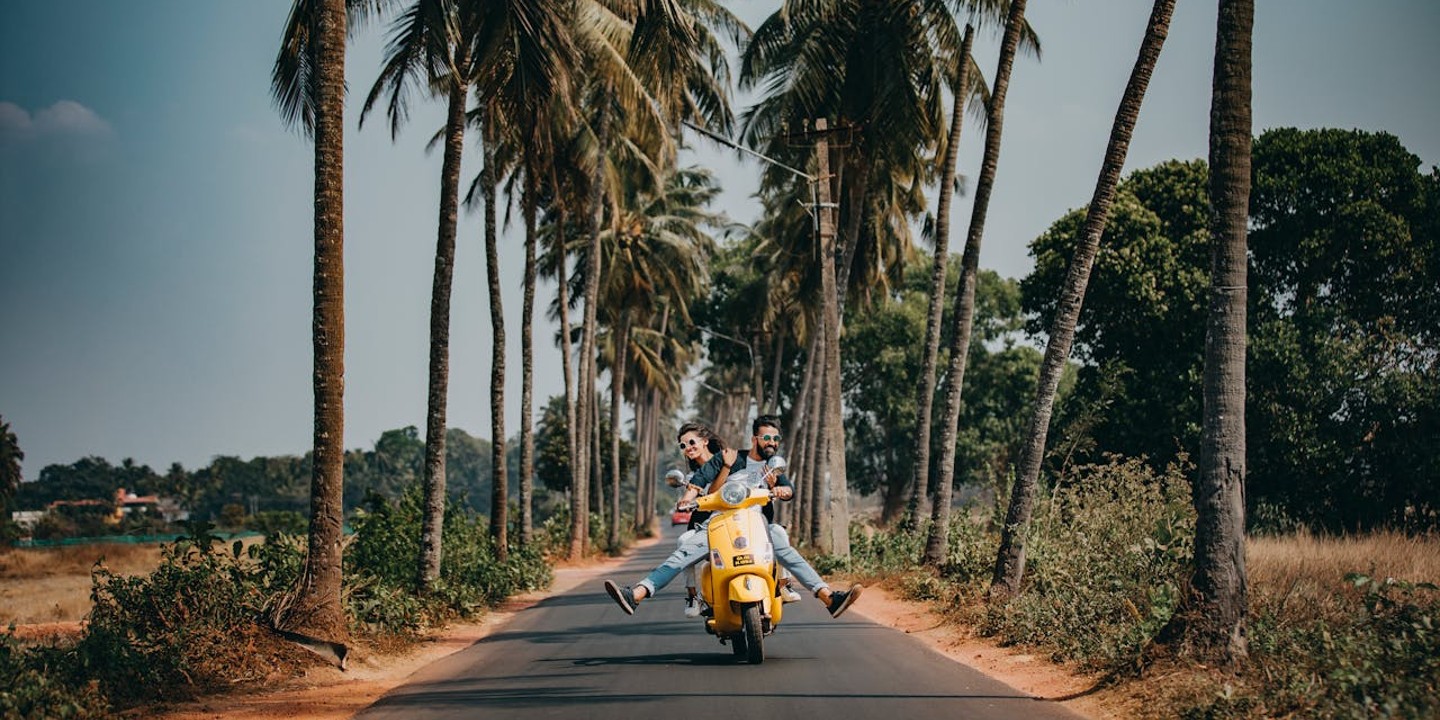Don't Embarrass Yourself at a Shaolin Temple
It's easy to make a mistake or embarrass yourself when visiting another country. It's important to do some research to learn the local customs, rules, and laws to avoid being at the center of an incident. Before the next time you cross a country off your bucket list, review these 20 things you should always do when visiting a new country.
1. Learn Basic Phrases
Even in countries where English is a common language, it's smart to learn a few basic phrases in their native language. Not only will you be able to get around better, but the locals will appreciate the effort and gesture.
 Roberto Catarinicchia on Unsplash
Roberto Catarinicchia on Unsplash
2. Review Local Laws
You should have a small understanding of the local laws, especially if you're travelling to parts of Asia or the Middle East. You can avoid getting into trouble, and it's a good reminder that what feels harmless in your home country can be illegal in another.
3. Respect Local Dress Codes
This one is especially true in places like the Middle East, where people traditionally wear certain types of clothing. In public, you don't want to stick out and draw attention, and you also don't want to ruffle any feathers.
4. Try the Local Cuisine
This one is a must. Whether you're visiting France, Japan, or Australia, you need to sample whatever the locals eat. Certain cultures, like Japanese, value their cuisine, so it's on you to go out of your way to eat more than just dumplings and ramen.
5. Follow Photography Etiquette
Don't snap pics of locals in a country like India, where it might make them uncomfortable. Before hopping on a plane, research the photography etiquette for tourists of the place you will be visiting. To be safe, always request consent before taking a photo of a local.
6. Respect Religious Sites
When visiting places like China or Thailand, you need to be extra respectful at their religious sites. Many places require that you remove your shoes before entering or dress modestly. Never disregard the customs and rules of these places.
7. Carry the Local Currency
Credit cards are widely accepted around the world, but you should still carry some cash in the country's currency. This will help you buy items at a market or from small vendors or jump in a taxi when needed.
8. Research Tipping Customs
Servers in some countries have different expectations for tipping, and some countries have an explicit no-tipping policy. Tipping could offend a bartender, or you could shortchange a server. Always do your homework.
9. Observe Meal Etiquette
Countries have specific meal etiquette, and not following their customs could lead to embarrassing situations. For instance, if you're eating in China, you should never place your chopsticks upright in rice, as it is considered disrespectful.
10. Watch Your Volume
Some tourists are loud, and certain countries value being quiet. If you're travelling through rural areas, you should definitely adopt an indoor voice. Some countries legally enforce noise regulations, so be careful.
11. Respect Nature
Some countries, like New Zealand, are protective of their natural environments. You need to approach nature in certain countries as being sacred. Don't stray off hiking trails or disrespect any natural site like geothermal springs.
12. Learn Greetings
In many countries, greetings aren't treated as a mere formality. They are far more important and can help you build rapport with the locals or get help if you're in need. If you're a tourist in a new country, try not to approach a local without greeting them first unless you are okay with being sneered at.
13. Have Perfect Table Manners
Whether you're eating at a restaurant or someone's home, you need to have perfect table manners based on the country you're in. Dining in places like Italy is an art form, and you are expected to adhere to their table manners and etiquette.
14. Respect Elders
Showing respect to elders in some countries is important. As a tourist, you want to be kind to every elder you encounter, to not draw the ire of the locals.
15. Be Aware of Drinking Rules
Many European cultures drink heavily, whereas several Middle Eastern countries outlaw alcohol. In the UAE, alcohol consumption is highly regulated. You don't want to get caught drinking in public in a country with rules that govern alcohol use.
16. Use Public Transportation
Using public transportation in a foreign country is a great way to learn what it's like to live there and get a taste of the local culture. Make sure you adhere to the customary etiquette practices on a place's buses, streetcars, or subways.
17. Be Conscious of Hand Gestures
Hand gestures are often overlooked by tourists. When visiting a new country, you need to be aware of what your hand gestures might mean. For instance, extending your hand with the palm outward in Greece is considered to be an offensive and aggressive gesture.
18. Haggling
Haggling can be fun at a market in a new country you're visiting. For some countries, haggling is customary and expected, but in others, it's frowned upon and won't work. It's best to ask if bargaining is acceptable before negotiating.
19. Carry Identification
In China, it's legally mandated to carry identification at all times. Tourists should follow these laws in case they are stopped by cops for a routine check. You should carry your original documents, and not photocopies.
20. Respect Customs Like Siestas
Every country has its unique customs, and all tourists should respect them. If you're visiting Spain, many shops and businesses close in the afternoon for a siesta. This might be inconvenient, but embrace these types of customs and plan around them.


























